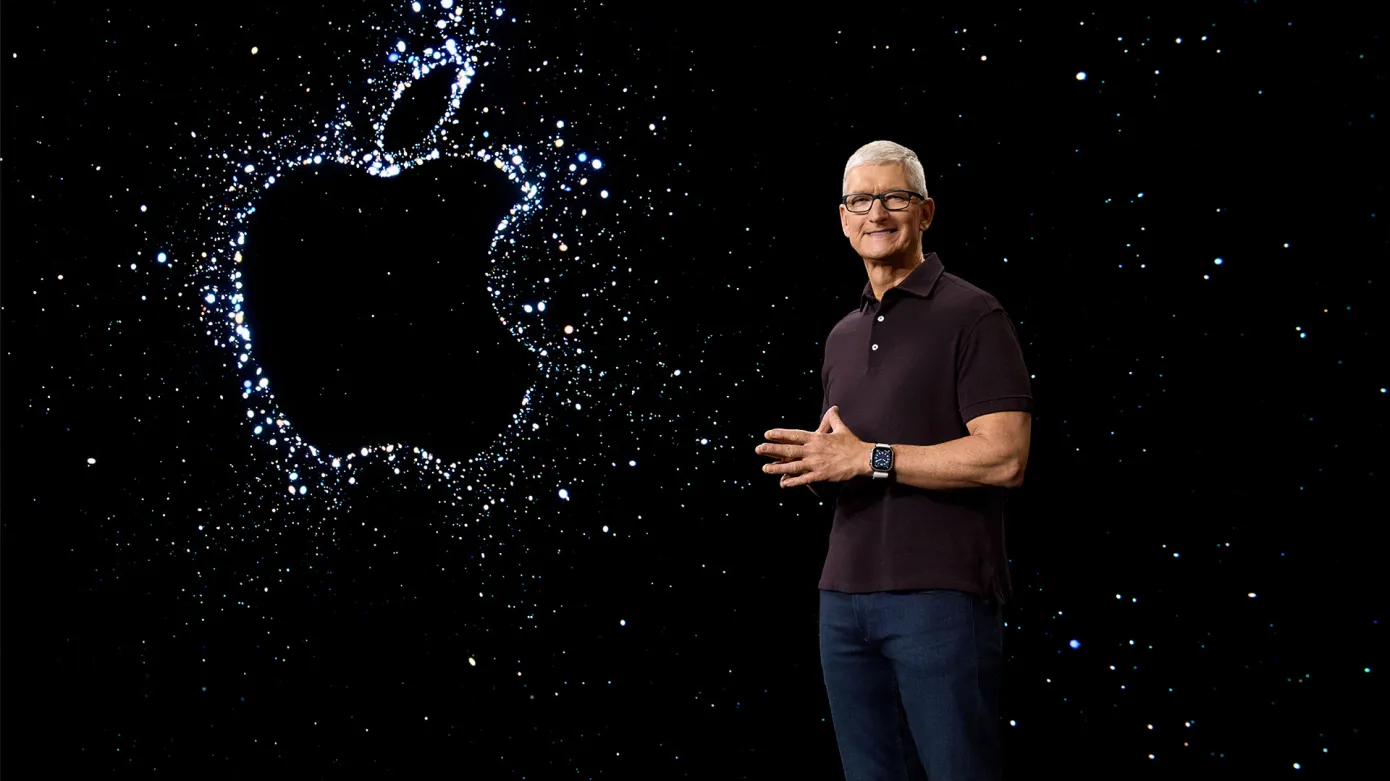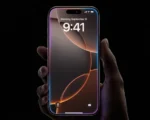The United States Department of Justice this morning filed a lawsuit accusing Apple of monopolistic smartphone practices. Sixteen state attorneys general joined the federal department in the massive suit.
‘Consumers should not have to pay higher prices because companies violate the antitrust laws,’ U.S. Attorney General Merrick Garland said in a statement issued with the news. ‘If left unchallenged, Apple will only continue to strengthen its smartphone monopoly.’
Thursday’s suit cites Apple’s longstanding ecosystem play as evidence of anticompetitive practices, including the blue and green bubble colors used by Messages to distinguish iOS from Android users.
In particular, the suit is focused on the iPhone maker’s share of the premium smartphone sector. It accuses the company of increasing friction for those looking to switch to the competition. That includes things like ‘contractual restrictions’ and the vetting process the company has long employed with its App Store.

Regulators are citing the suppression of five categories: ‘super apps’ (which combine a broad range of functionality in a single application), cloud streaming gaming apps, messaging apps, digital wallets and smartwatch cross-platform compatibility. The last bit is a dig at the company’s longstanding practice of ensuring that certain features only work correctly when paired with other Apple devices.
‘Rather than respond to competitive threats by offering lower smartphone prices to consumers or better monetization for developers,’ the suit notes, ‘Apple would meet competitive threats by imposing a series of shapeshifting rules and restrictions in its App Store guidelines and developer agreements that would allow Apple to extract higher fees, thwart innovation, offer a less secure or degraded user experience, and throttle competitive alternatives. It has deployed this playbook across many technologies, products, and services, including super apps, text messaging, smartwatches, and digital wallets, among many others.


















